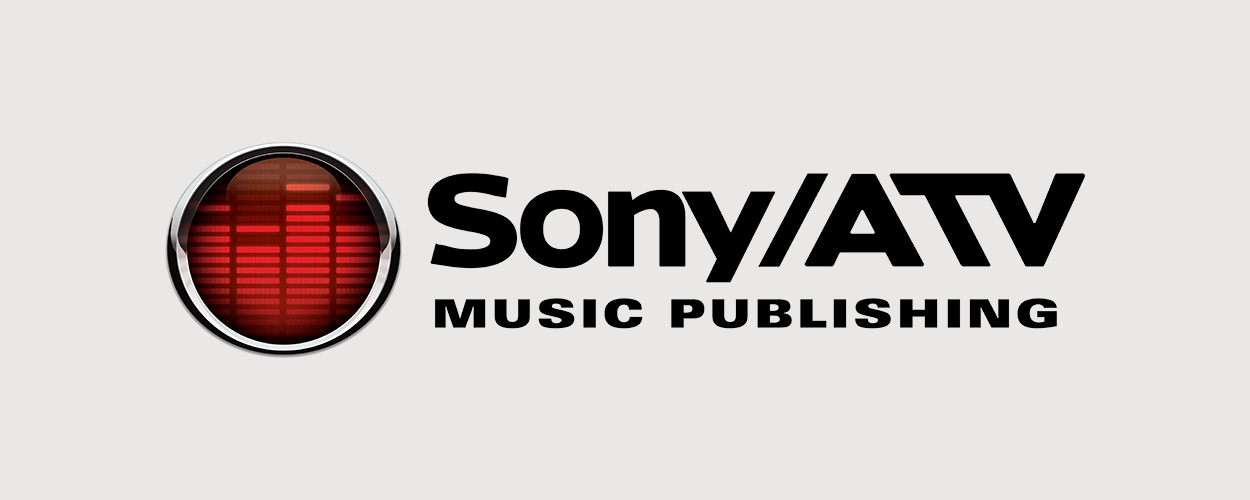This website uses cookies so that we can provide you with the best user experience possible. Cookie information is stored in your browser and performs functions such as recognising you when you return to our website and helping our team to understand which sections of the website you find most interesting and useful.
Business News Labels & Publishers Top Stories
European Commission approves Sony Corp’s Sony/ATV buy out
By Chris Cooke | Published on Tuesday 2 August 2016

The European Commission has given the green light to Sony Corp’s acquisition of the 50% of music publishing business Sony/ATV currently owned by the Michael Jackson Estate.
As previously reported, some of Sony’s smaller rivals in music publishing, as well as pan-European indie label trade group IMPALA, raised objections to the acquisition, arguing it gave Sony Corp too much dominance in the music rights sector, Sony/ATV being the world’s biggest music publishing business, while Sony Music Entertainment is the world’s second biggest record company. Meanwhile’s Sony’s music interests in home country Japan operate as a third autonomous business.
The EC – more so than competition regulators elsewhere in the world – has objected to consolidation in the music rights sector in the past, usually forcing big players which are merging to offload certain catalogues or other assets in order to get clearance for their deals. The Commission did just that when Citigroup sold off EMI back in 2012, though the remedies demanded by the regulator were much more severe for Universal’s acquisition of the EMI record company than the Sony/ATV-led purchase of EMI Music Publishing.
Nevertheless, IMPALA felt that comments made by EC regulators during the EMI sale should impact on Sony Corp’s new plan to take full ownership of Sony/ATV. The group’s Helen Smith told Bloomberg earlier this year: “It’s difficult to imagine how the Sony/ATV deal could get any kind of green light from the European Commission. Just three years ago the EC effectively set a limit when it already said Sony was too big and had to divest assets”.
But a green light is what the Commission has now given the deal, without demanding a more thorough investigation into the acquisition, or any remedies from the major. According to Reuters, the Commission said in a statement: “The transaction will not materially increase Sony’s market power vis-a-vis digital music providers compared to the situation prior to the merger”.
It is by combining Sony’s interests in recorded music and published songs that the firm’s market dominance is particularly significant. To date the Sony Music record company and Sony/ATV publishing business have been run separately from each other, partly because the latter was a joint venture.
Of course, it’s common for music rights companies to keep their labels and publishing interests in standalone divisions, though with both Universal and Warner they join up at the top, whereas Sony’s recording and publishing businesses only come under common oversight higher up the Sony Entertainment hierarchy.
With Sony Corp taking complete ownership of Sony/ATV, the two sides of Sony’s global music operations could now become more closely allied, even though there remain other shareholders in EMI Music Publishing, which is basically a subsidiary of Sony/ATV. Which might be one reason to argue against the acquisition, in that, with some joined up thinking, Sony could better exploit its market dominance in the wider music rights sector.
Though it’s possible that EC regulators reckoned that, because on the songs side – in Continental Europe at least – the collecting societies rather than the publishers lead in so many licensing scenarios, more joined up management at Sony wouldn’t really make much difference from a licensee’s perspective.
The acquisition still needs approval in the US, but it’s very unlikely that American regulators would block a deal that got approval from the European Union.





